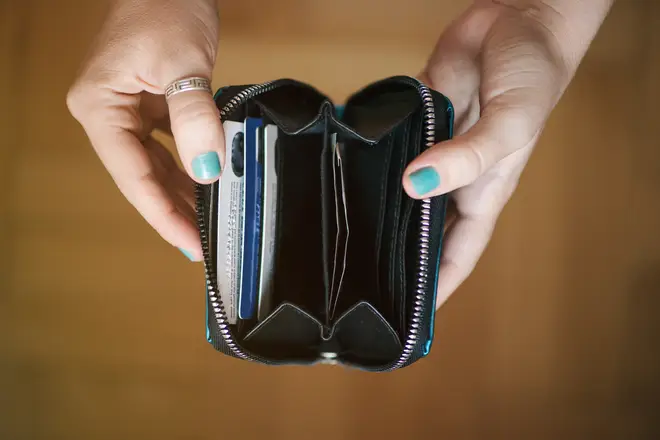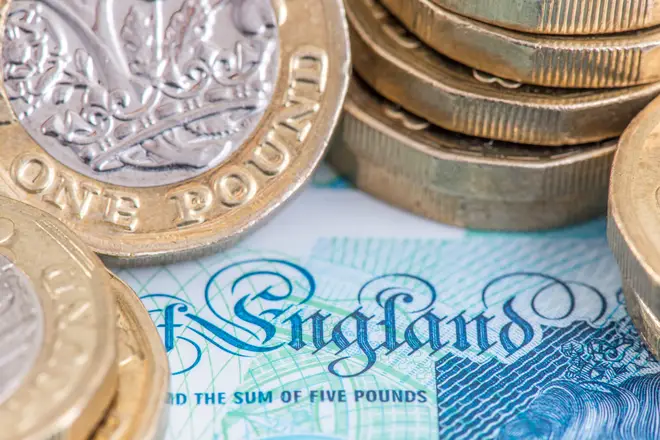On Air Now
Early Breakfast with Lindsey Russell 4am - 6:30am
8 January 2019, 11:54 | Updated: 8 January 2019, 11:58

A change in benefits policy introduced in 2013 is now affecting more and more families each year.
Back in 2013 the government made a change to policy stripping some parents of their child benefits if they earned more than £50,000 a year.
After that point parents are required to start paying their child benefit back and once they are earning above the threshold of £60,000 they must pay all of it back.
Read more: Thousands of Brits owed £5,000 in underpaid benefits to receive payout

This threshold was frozen at £50,000 rather than price indexed - meaning it would not increase with the rate of inflation - and as wages rise more parents are finding themselves above the £50k mark and out of pocket.
According to The Institute for Fiscal Studies over the next two years 18% - 1.4 million - of those who receive child benefits will be affected and a further million will have lost their entitlement to child benefits completely.
It said: "In other words, the number of families with children who are affected will have risen by about 36 per cent, or 370,000, in just six years."
Read more: A single mum was fined £260 over this parking rule that you may not have heard about
Currently there are two rates of child benefits; £20.70 per week for the eldest or an only child and £13.70 per week for each additional child.
The IFS said: "This is one of a growing list of examples of a part of the tax and benefit system being frozen, which never makes sense as an indefinite - and hence potentially permanent - policy".